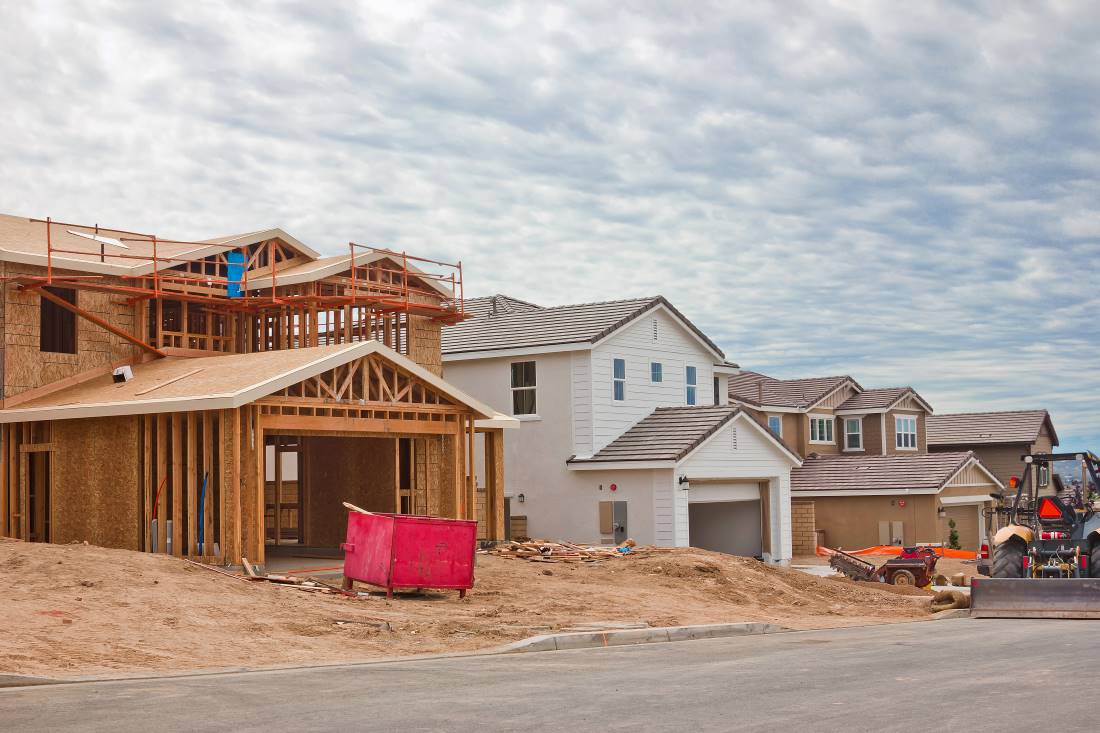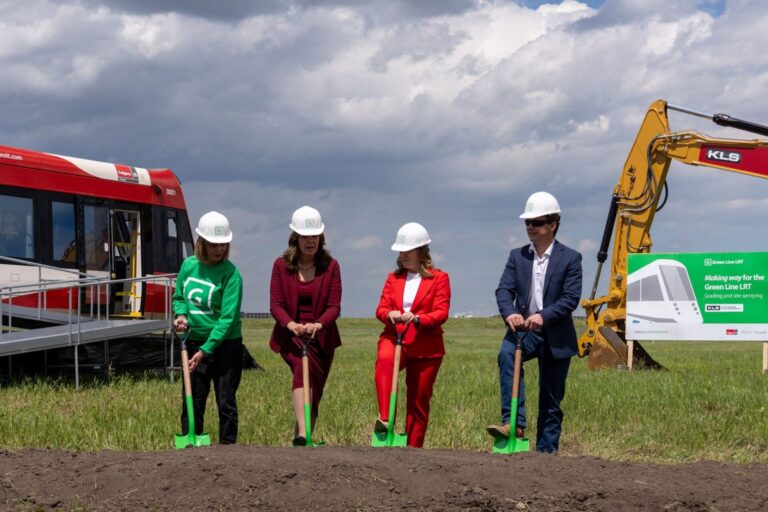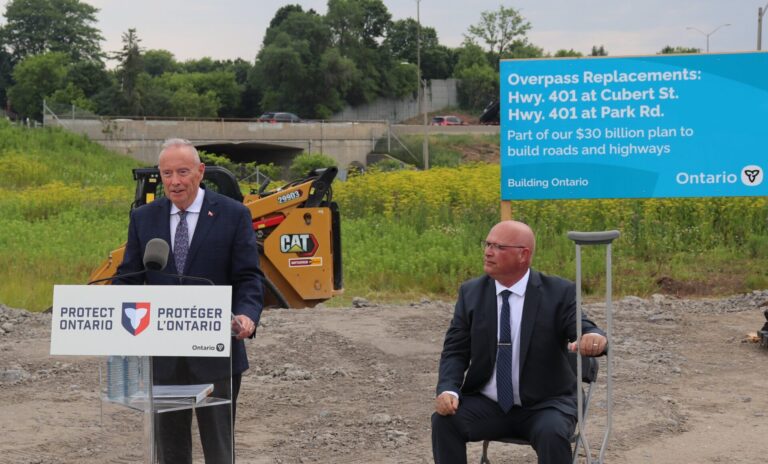The Residential Construction Council of Ontario (RESCON) is hosting a free online housing summit Oct. 12, 2023, to spark innovative discussions and discuss what needs to be done to boost supply.
The event, called Driving Solutions to the Crisis, runs from 12:30 to 5:30 p.m. It is the third virtual housing summit sponsored by RESCON.
“The housing supply and affordability crisis is very real and, at a time when we should be increasing the number of starts, they are trending in the wrong direction and the situation is getting worse,” explains RESCON president Richard Lyall. “To fix the problem and boost the number of new housing units being built, we must find ways to move residential development approvals through the system faster, get shovels in the ground sooner, and speed up the building process.”
The housing summit will feature remarks and presentations from elected officials, economists and researchers. They will discuss the market and provide their thoughts on what needs to be done to boost housing and purpose-built rentals.
Presenters and speakers at the event include City of Toronto Mayor Olivia Chow and Guelph Mayor Cam Guthrie, along with Marlon Bray of Altus Group, David Amborski of TMU, Paul Smetanin of CANCEA, Arash Shahi of AECO Innovation Lab, and Mike Moffatt of the Smart Prosperity Institute.
Topics include streamlining development approvals, modernizing and digitizing the approvals process, tax changes to unlock purpose-built rentals, and the latest construction innovations and technology.
The housing summit is timely as latest figures from CMHC indicate the situation isn’t getting any better.
The federal housing agency recently reported that the annual pace of national housing starts in July fell 10 per cent compared with June. The seasonally adjusted rate of housing starts in July came in at 254,966 units – down significantly from 283,498 the month before. Urban starts were down 11 per cent, multi-unit starts fell 12 per cent, and the pace of single-detached urban starts dropped four per cent. Disturbingly, the annual pace of starts in July in Toronto dropped 29 per cent.
“We need to dramatically up the ante,” adds Lyall. “The development approvals system is too slow, there are exorbitant taxes, fees and levies on new housing and government and the industry must come up with solutions quickly to avoid a catastrophe. We’re in a full-blown housing crisis on a scale that’s never been seen since the Baby Boom years. How quickly we respond and what actions we take are critical.”











